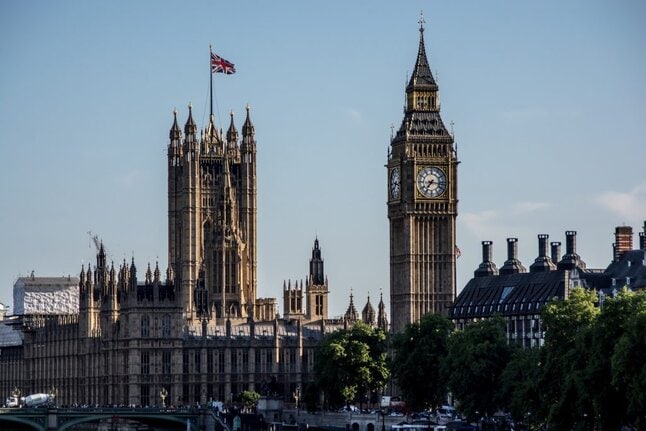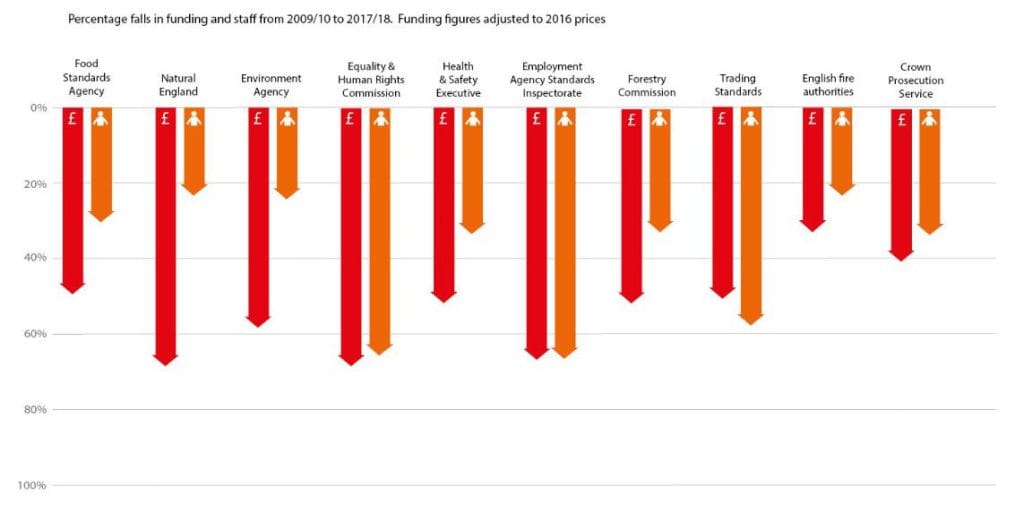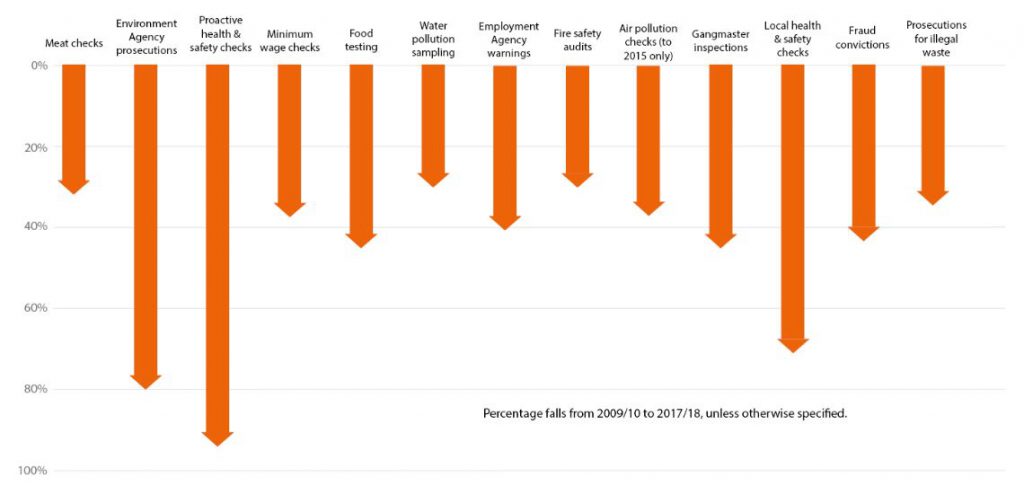UK Minister casts confusion over the precautionary principle
https://www.stefanscheuer.eu/wp-content/themes/osmosis/images/empty/thumbnail.jpg 150 150 ioana bere ioana bere https://secure.gravatar.com/avatar/2f1488215f0e5e2381f544cefcef2dc7?s=96&d=mm&r=gThe precautionary principle was given as the reason for authorising use of a bee killing pesticide for sugar beet production, by the UK Secretary of State, George Eustice.
He said: “The emergency authorisation required for a neonicotinoid in sugar beet is a great example of the precautionary approach in action.”

This is an inversion of the precautionary principle, invoking it to protect business interests instead of human health and the environment. The principle is normally put in practice where it is decided not to allow a particular course of action unless there is strong evidence it is safe.
The UK Environment Bill creates a duty for ministers to have due regard to the precautionary principle in making policy. Green Alliance, a UK green group, argues that because of “unhelpful framing” the principle is more likely to “fall victim to an overly zealous fixation on new technologies”. Historically, the UK has not been an enthusiastic proponent of the precautionary principle.
The UK committed to respecting the “precautionary approach” in the Brexit deal as well.
The recently published UK draft policy statement on environmental principles is disappointing. Several caveats have been identified by Green Alliance: exclusions for some government departments, an ability for future governments to change the statement and sideline the principles with relative ease.
Green Alliance blog post by Ruth Chambers
Secretary of State for Environment, George Eustice, intervention in the House of Commons (4 March 2021)






